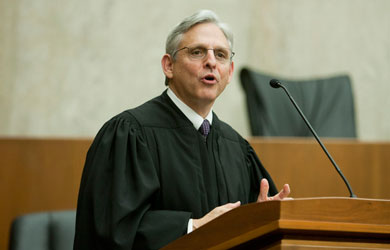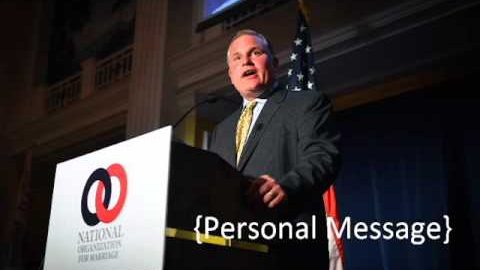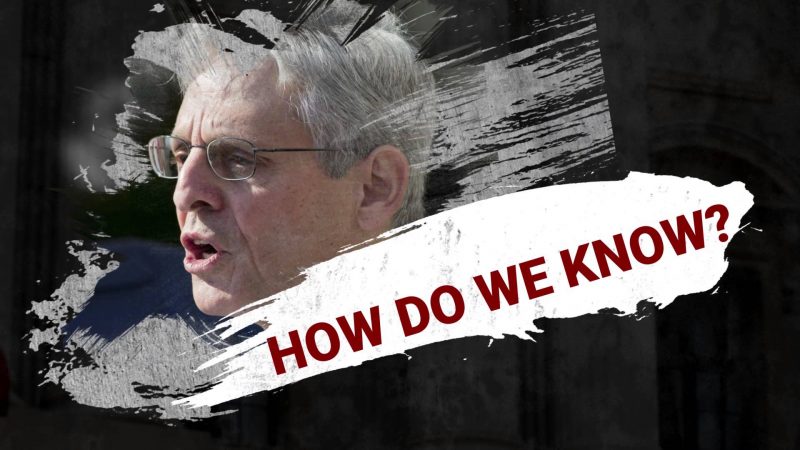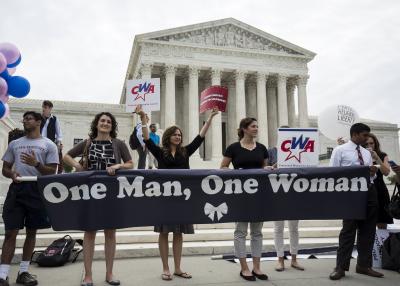The first day of Sonia Sotomayor’s confirmation hearing is now complete. The day was dedicated to opening statements from all sides and no questions were asked … but that doesn’t matter to the Judicial Confirmation Network, which declares that “the verdict on [her nomination] is ‘no'” without even bothering to wait to hear her answers:
We have seen enough to conclude that nothing that Judge Sotomayor or her liberal backers say in her hearings this week can alter the significant record before us, and accordingly, we are today asking Senators to vote “no” on her nomination. Far more relevant than whatever she says this week, as a result of White House coaching, is what she has said and done in the past. In short, past performance is indicative of future results. Her record of decisions and statements is a far better predictor of what she would do in the future as a Supreme Court Justice than any self-serving testimony she may offer this week … Senators will begin to focus on the details of her record in the next few weeks. We do not want them to mistakenly conclude that what she says during this week’s Judiciary Committee hearings can outweigh what she has done and said over the past 30 years. The verdict on Sonia Sotomayor should be “no.”
The JCN actually released this statement before Sotomayor had even delivered her opening statement. It’s quite a contrast to what they were saying back around the time of John Roberts’ confirmation hearing, when they were attacking “extremist liberals” for “politicizing” the hearings and demanding “fair and respectful hearings”:
“This selection also underscores the President’s commitment to making sure the Supreme Court is fully staffed to do the nation’s judicial business as soon as possible. This will be a real test for extreme liberal partisans: will they put down their ideological attack weapons and allow the confirmation process to move forward smoothly and swiftly, both for Judge Roberts and for the second nominee the President will soon name? In the spirit of serving our country’s best interests, as Chief Justice Rehnquist did selflessly for 33 years, they certainly should. This would be the best way to pay homage to the late Chief, who as a public servant kept the Court open and showed up for work even in blizzards that shut down much of Washington D.C., and who worked hard even when he was in physical pain. The Senate should likewise work hard to do its job of completing fair and respectful hearings on the President’s nominees as quickly and efficiently as possible.”








